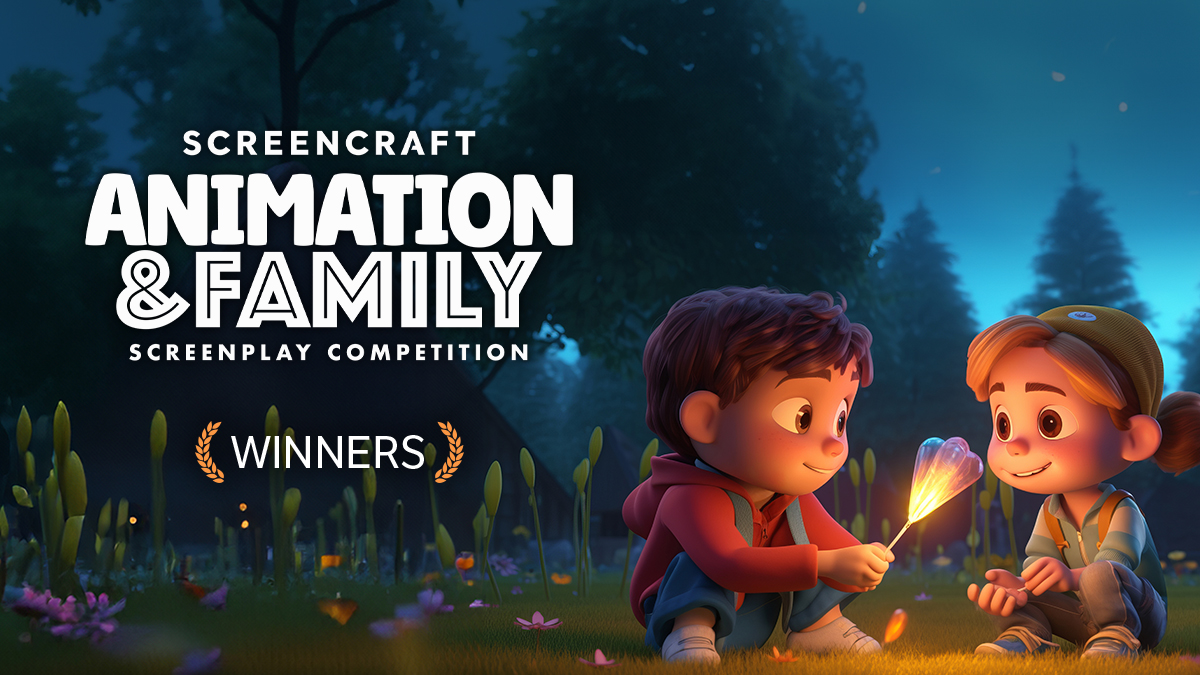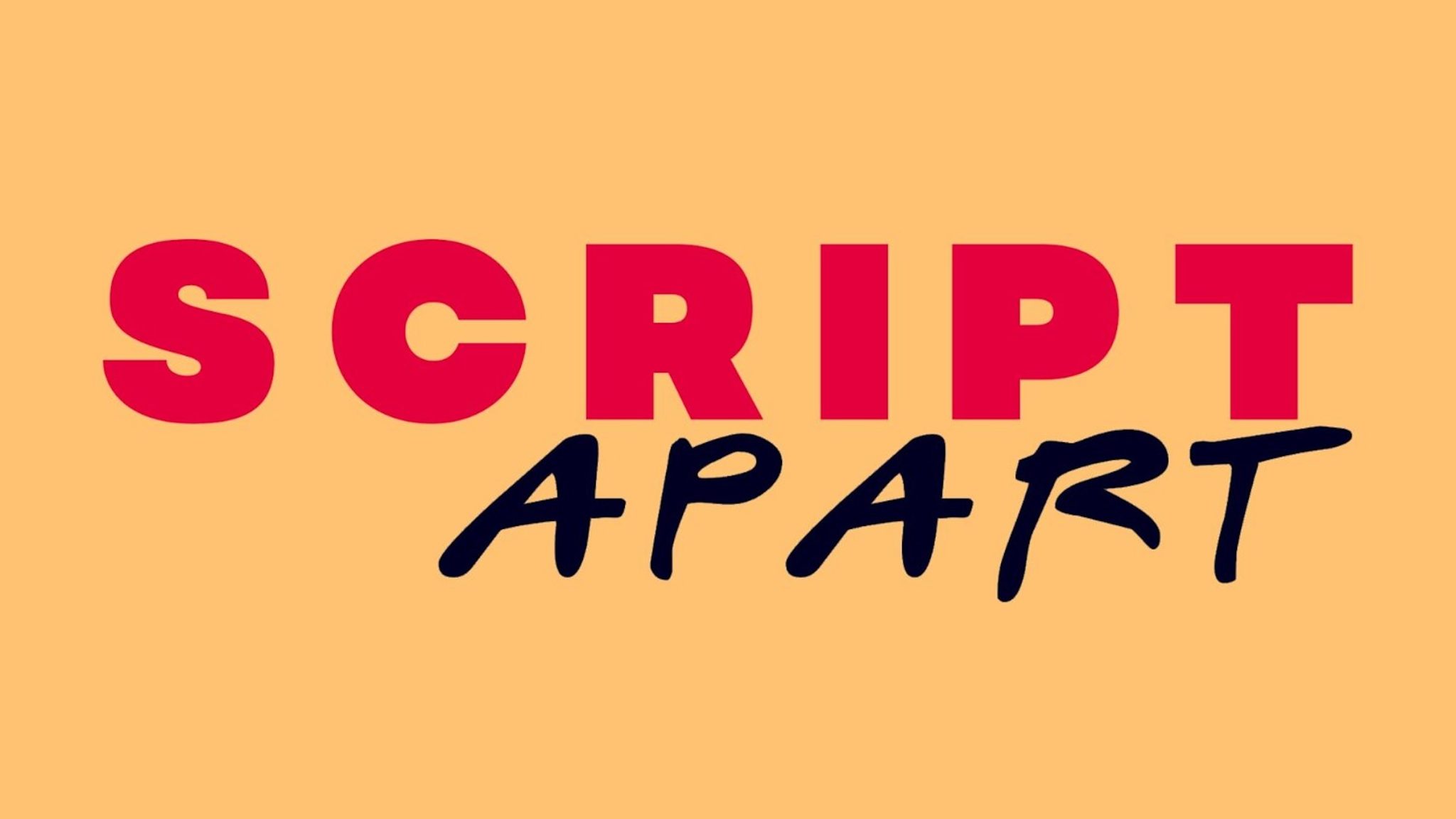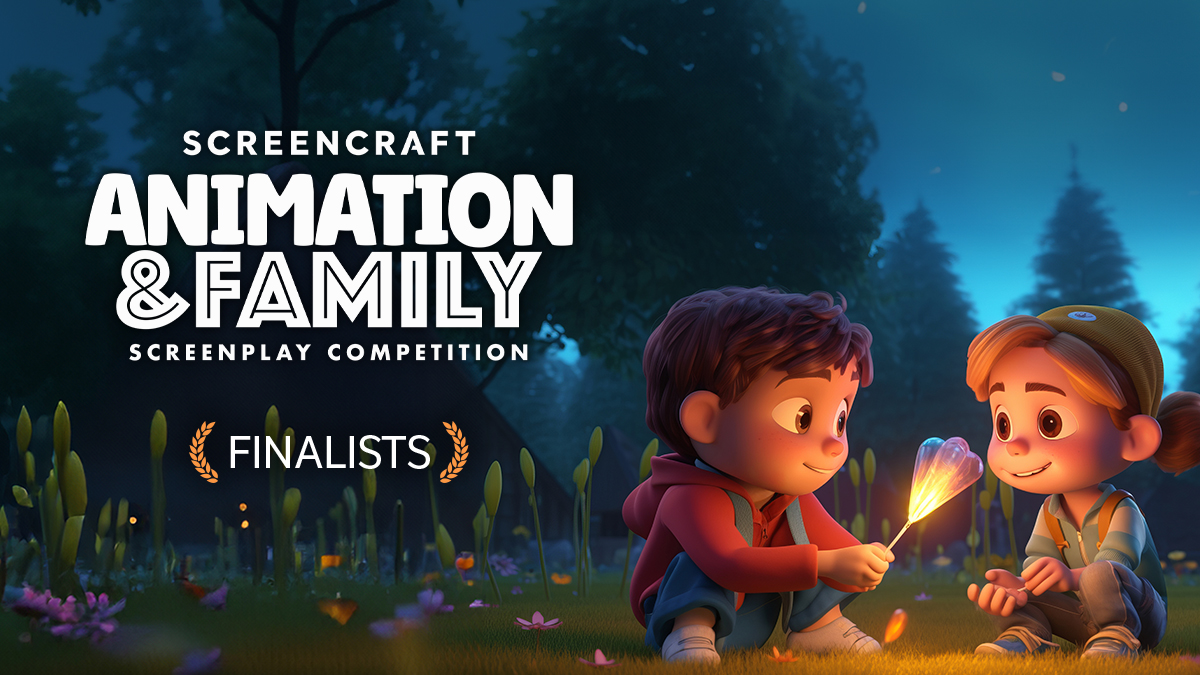Script Apart: Screenwriting Lessons from Pixar's 'Turning Red' Co-Writer Julia Cho

Pixar movies are invariably masterclasses in warm, inclusive storytelling and Turning Red is no different. The animation studio’s 25th feature, written by playwright Julia Cho and the film’s director Domee Shi, told the story of a young girl called Mae who transforms into a giant red panda when emotional.
If you haven't watched Turning Red yet, check out the trailer below, and stream it immediately.
Appearing on my podcast Script Apart, in which great screenwriters break down their early drafts of acclaimed movies, Julia Cho told me all about how the film came together – sharing some useful screenwriting tips and tricks along the way.
Here are just a few of the main takeaways that I’ve since applied to my work – listen to the episode in full below to learn more.
Write the Thing That's Missing from Your Cultural Landscape
One of the many things that made Turning Red so unique was how unapologetic and forthright it was about discussing female puberty on screen. Yes, the red panda that Mae turns into is itself a metaphor for puberty – feeling like you have a monster within, waiting to erupt whenever you get emotional, is a feeling most people who can remember their teenage years can relate to. But Julia and Domee didn’t want to just hide behind that metaphor. They wanted to openly discuss female puberty on screen because historically, pop culture has shied away from depicting it.
Read More: Pixar Storytelling Works: 'Elemental' Writers Use All the Rules
“One of my great joys was writing that scene where Mae turns into a panda for the first time and there's a pyramid of menstrual products behind her,” says Julia. “The joy of being able to put that on screen and have her mother ask: "What do you need? Liners? Pads?" Every single woman knows those products. It’s such a human, natural part of our everyday experience. Why's that not been up there [on screen] before? Once we started finding those moments and realizing how fun it was to write in those moments that we hadn't seen before, we tried to do as many as we could.”
If you’re frustrated by parts of your experience you don’t often see represented on-screen, writing them into your next screenplay might help you deliver something as fresh and vitally needed as Turning Red.
An Antagonist Can Be a “What” Instead of a “Who”
Does Turning Red have an antagonist? Julia isn’t sure it does. At various points in the film’s first act, the movie teases the possibility of a mean classmate from Mae’s school developing into its bad guy. Instead, that plot thread turns out to be a red herring and Turning Red moves forward without a clear villain – historically an essential part of any screenplay, especially in the realm of kids’ animation.
Embed from Getty Imageswindow.gie=window.gie||function(c){(gie.q=gie.q||[]).push(c)};gie(function(){gie.widgets.load({id:'RdrvW9xhR4F2RvCnRmqXcQ',sig:'FpTZTTB8LNCPAntIwA3z-EYrd1DbnLz9T_ngNk6nG7Q=',w:'594px',h:'378px',items:'1238862438',caption: true ,tld:'com',is360: false })});
While developing Turning Red, Julia Cho and Domee Shi realized it was more compelling (and true to life) to use a concept as the movie’s antagonistic force, rather than engineering a villain for the sake of it. “There's no real antagonist because it was clear early on that Mae's biggest obstacle was going to be her mom and all the things her mom embodies. But you can't make a villain out of a parent because at the end of the day she loves Mae, right?” explains Julia. “So what really became the villain was the cultural expectation that not just Mae but her mom were saddled with. Unknowingly, they're both fighting the same thing and not really knowing it.”
The lesson? Don’t just drop a mustache-twirling bad guy into your story because screenwriting convention demands it. Sometimes, a societal force like generational trauma can be just as, if not more, powerful.
Check out more screenwriting takeaways from Script Apart!
 Al Horner is a London-based journalist, screenwriter and presenter. His work has appeared in The Guardian, Empire Magazine, GQ, BBC, Little White Lies, TIME Magazine and more.
Al Horner is a London-based journalist, screenwriter and presenter. His work has appeared in The Guardian, Empire Magazine, GQ, BBC, Little White Lies, TIME Magazine and more.
Tags
Get Our Screenwriting Newsletter!
Get weekly writing inspiration delivered to your inbox - including industry news, popular articles, and more!




























